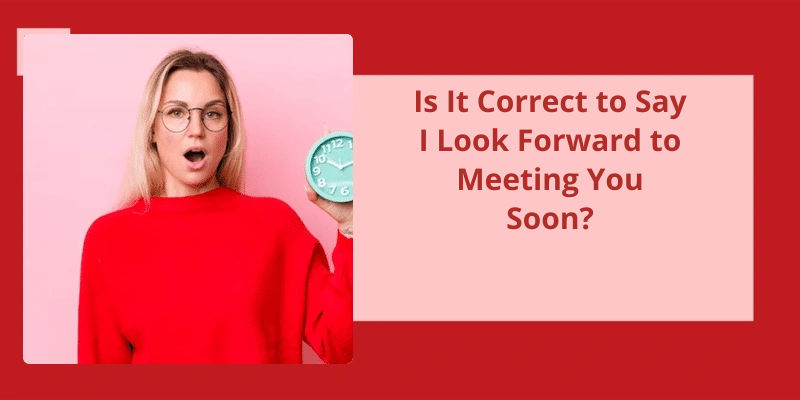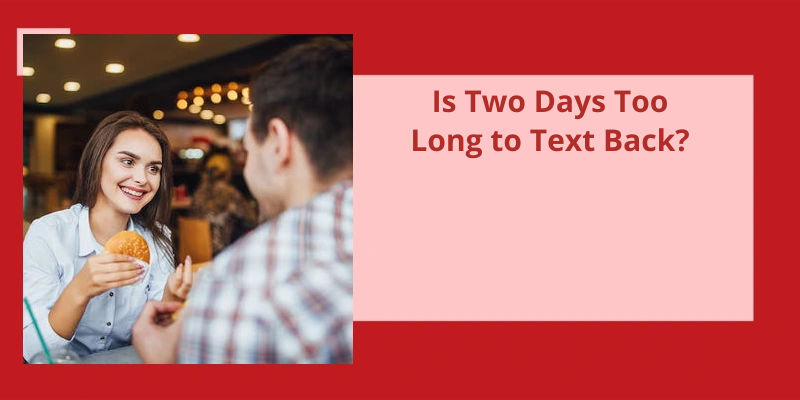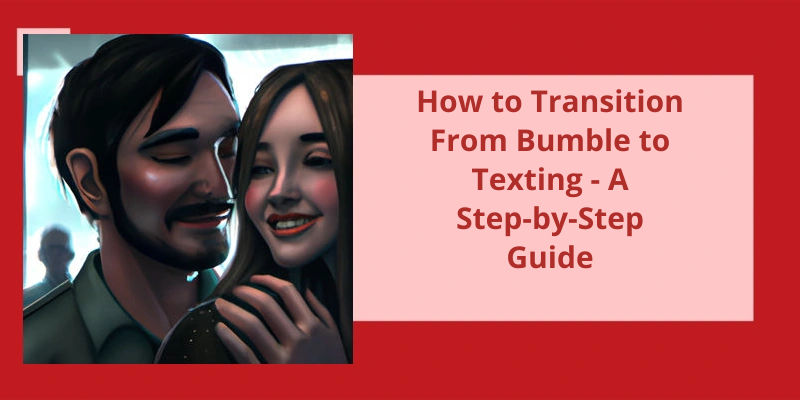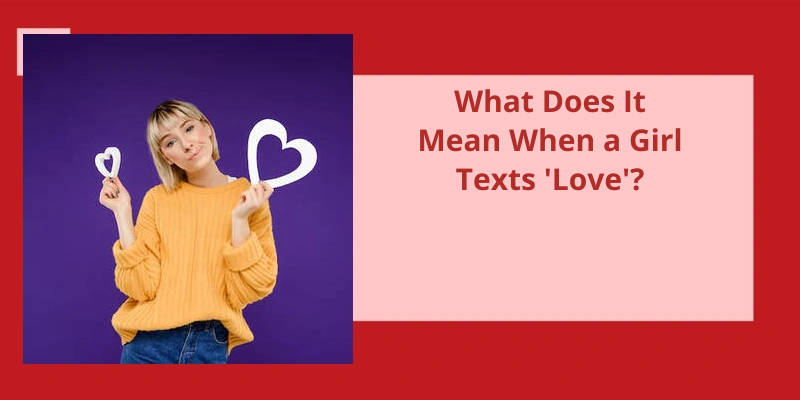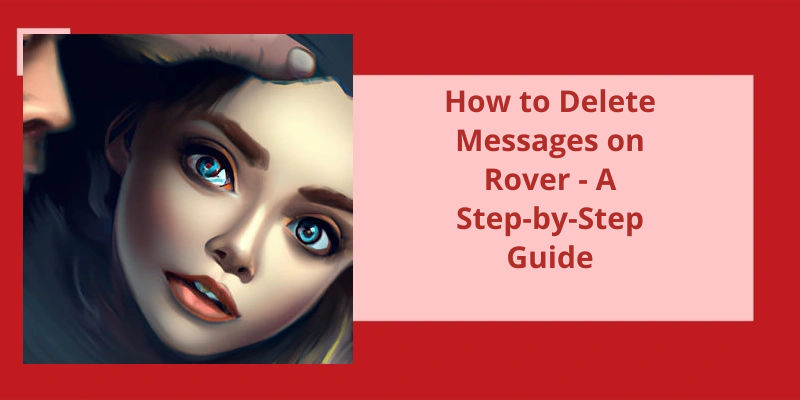In today's fast-paced world, communication has become much easier and efficient through digital platforms. Amidst the pandemic, online meetings have become a norm and an essential part of communication. However, it's important to maintain proper etiquette when communicating with someone, especially when meeting for the first time. Your choice of words and how you express yourself can create a lasting impression on the other person. One common expression used when scheduling meetings is, "I look forward to meeting you soon." This phrase conveys politeness, enthusiasm, and a level of professionalism. However, there are cases when you should use a different sentence structure, which we will discuss further. In this article, we will explore and help you understand the proper usage between saying "meeting you soon" and "meeting with you soon."
How Do You Say I Look Forward to Meeting You Soon?
If you’re looking for a polite and professional way to express your enthusiasm about meeting someone soon, there are several phrases you can use. One great alternative is “I look forward to our discussion”. This phrase communicates your eagerness to engage in a dialogue and suggests that you’re prepared to actively participate in the upcoming conversation. It’s straightforward and to the point, making it ideal for business or formal settings where clarity is important.
If you want to add a personal touch to your message, you might consider using the phrase “I’m looking forward to our chat”. This expression is warm and friendly, and it conveys a sense of anticipation and excitement. When you use this phrase, you’re suggesting that you aren’t only interested in the topic of discussion, but also in the person you’re talking to. This is a good choice if you want to create a more informal and approachable tone in your email or message.
Another option is “I cant wait to meet you in person”. This phrase is ideal if you’re meeting someone for the first time, and it suggests that you’re excited about the prospect of finally getting to know them in real life. It also implies that you’ve been looking forward to this meeting for some time, which can be reassuring to the other person.
If you’ve planned the meeting in advance and want to express your eagerness to hear the other persons thoughts and ideas, you could use the phrase “Im looking forward to hearing what you’ve to say”. This phrase indicates that you’re eager to listen and learn from the other person, and that you value their input and opinions. It’s also a good way to show that you’re prepared and ready to engage in a productive conversation.
Whether you’re looking for a professional or personal approach, there are many different phrases you can use to express your excitement and anticipation. By selecting the right words, you can ensure that your message stands out and makes a positive impression on the person you’re meeting.
How to Follow Up After Expressing Excitement to Meet Someone
- Send a follow-up message within 24 hours to express your continued interest
- Make plans to meet up again soon, such as suggesting a specific date and time
- Ask questions about their interests and hobbies to keep the conversation flowing
- Stay positive and avoid coming across as too eager or desperate
- Be patient and don’t expect an immediate response, as they may be busy or not feel the same level of excitement
When it comes to expressing anticipation for meeting someone, there are various ways to do so depending on the level of formality involved. While some situations may call for a more formal tone, others may allow for a more casual approach. So, what’re some of the ways to convey your excitement for a forthcoming encounter without sounding robotic or insincere? Let’s explore some options.
What Is Another Way of Saying Looking Forward to Meeting You?
There are a variety of ways to express your anticipation of meeting someone that go beyond the typical “looking forward to meeting you.”. Depending on the context and level of formality required, you may choose to use more or less formal language to convey your excitement.
One commonly used alternative is “await the opportunity to connect with you.”. This phrasing acknowledges that the meeting may not happen in the near future, but underscores your eagerness to eventually make it happen. This wording is often used in more formal business settings, such as when corresponding with a potential client or partner.
If the situation is less formal, you can convey your excitement with a simpler statement like “excited to connect with you.”. This phrasing is more casual and can be used in a variety of settings, from meeting a new friend to networking at a social event.
Both of these options convey a strong sense of excitement and anticipation, while also highlighting the fact that the meeting is expected to take place soon.
In some cases, a simple “can’t wait to meet you” may suffice, while in others, a more formal, elaborate phrasing may be necessary.
No matter what wording you choose, it’s important to ensure that your genuine excitement and enthusiasm shines through. Whether you’re meeting someone for business or pleasure, conveying a positive attitude and a desire to connect can go a long way in building a strong relationship from the outset.
As writers, we often find ourselves repeatedly using the phrase “looking forward to” in our articles, essays or even personal communications. However, repeating the same phrase over and over again can make your writing monotonous and dull. Therefore, to add variety to your language, it’s important to learn synonyms of “looking forward to” so that you can express yourself more articulately. Here are some alternative ways to convey the same idea.
What Phrase Can I Use Instead of Looking Forward?
As humans, we often use phrases to express excitement or anticipation about future events. One common phrase that we use is “looking forward to.”. However, there are times when we may want to switch up our language and use a different phrase to convey the same meaning. This not only helps us avoid repetition but also makes our language more engaging and varied.
One alternative phrase we can use instead of “looking forward to” is “expecting.”. This phrase suggests a sense of certainty and confidence about what’s to come. It implies that we aren’t just anticipating the future event, but we fully expect it to happen. For instance, we might say, “I’m expecting a promotion at work” to convey our belief that it’s likely to happen.
This phrase implies eagerness and excitement about something that’s yet to come. We might use this phrase to express our enthusiasm for a concert we’re planning to attend or a vacation we’re looking forward to.
Another phrase we can use instead of “looking forward to” is “watching (for).”. This phrase is more active and suggests that we’re actively seeking out signs of something we’re expecting. We might use it to convey a sense of vigilance or watchfulness, as in “Im watching for any updates on the new project were working on.”
This phrase suggests a sense of patience and endurance in the face of delay or uncertainty.
This phrase suggests a sense of optimism and positivity about the future. It implies that we’re hoping for the best outcome and looking forward to that outcome with excitement and anticipation.
Lastly, we can use the phrase “waiting (for)” as an alternative to “looking forward to.”. It implies that we’re prepared to wait for something that we’re eagerly anticipating. We might use this phrase to convey our excitement about an upcoming event, such as “Im waiting for my favorite band to come to town.”
Conclusion
In conclusion, using the phrase "I look forward to meeting you soon" is a polite and appropriate way to express one's anticipation for a future encounter with someone, particularly in a virtual setting. However, if the person has been previously met, it’s recommended to rephrase it to avoid redundancy and enhance the professionalism of the message. Ultimately, the proper use of language plays a crucial role in communicating effectively and respectfully in both personal and professional contexts.

